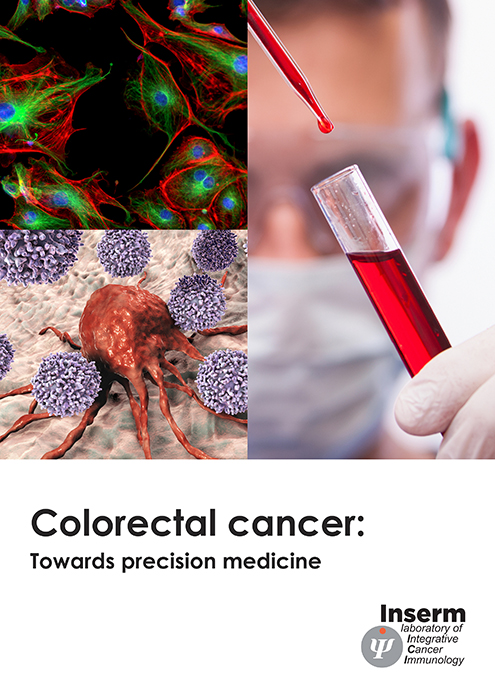In this detailed analysis, Jérôme Galon and Daniela Bruni at INSERM, Laboratory of Integrative Cancer Immunology, Centre de Recherche des Cordeliers, in France, discuss colorectal cancer
Certainly, cancer is one of the most prominent public health challenges today and a leading cause of morbidity and mortality globally, in the view of the authors. Specifically, we discover that colorectal cancer (CRC) is the second most commonly diagnosed cancer in women and third in men, the cause of almost 861,000 deaths during 2018.
Amongst the numerous insights given here, we find out that both environmental and genetic factors, including the presence of hereditary colon cancer syndromes, influence the risk of developing CRC.
Also, when it comes to therapeutic options in CRC, curative surgery represents the most common treatment option. For rectal cancer, radiation therapy (radiotherapy) can be used before surgery and as an alternative, radiotherapy can be used after surgery to ensure the destruction of possibly remaining cancer cells.
Reading on, the authors tell us that today, the immune system is recognised as a crucial component of modulating cancer development. “The strength of the immune system is also reflected by the intrinsic prognostic value held by specific immune components, such as the cytotoxic T cells,” the authors elaborate.
We also find out more about the worldwide study to validate immunoscore globally, endorsed and coordinated by the Society for Immunotherapy of Cancer (SITC), a standardised consensus Immunoscore as the first immune classification of cancer patients.
In conclusion, the authors envision that their encouraging results and successful achievements will ultimately contribute to save the lives of CRC patients. I trust you enjoy reading about this vital area of research taking place in the field of colorectal cancer.


